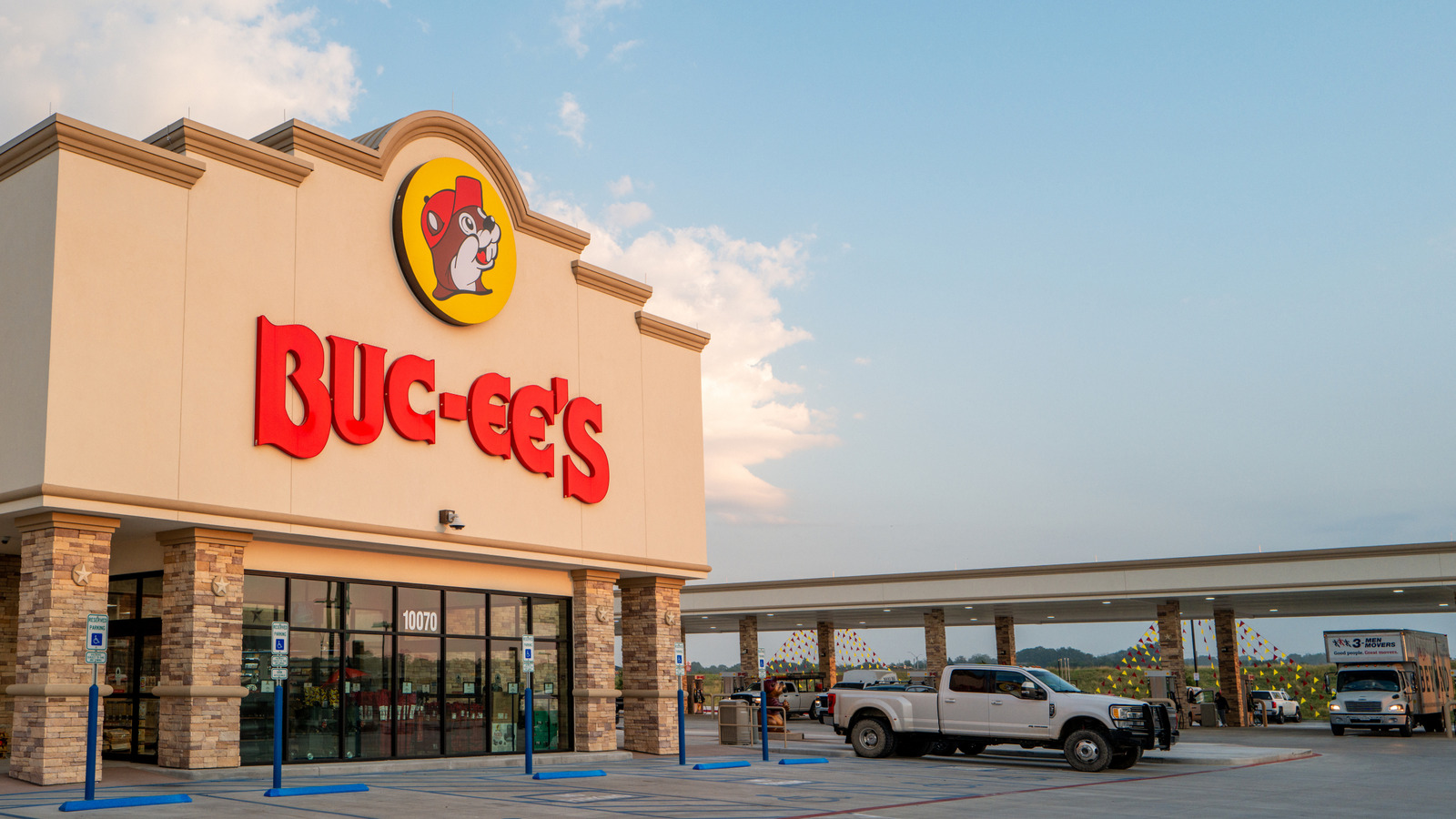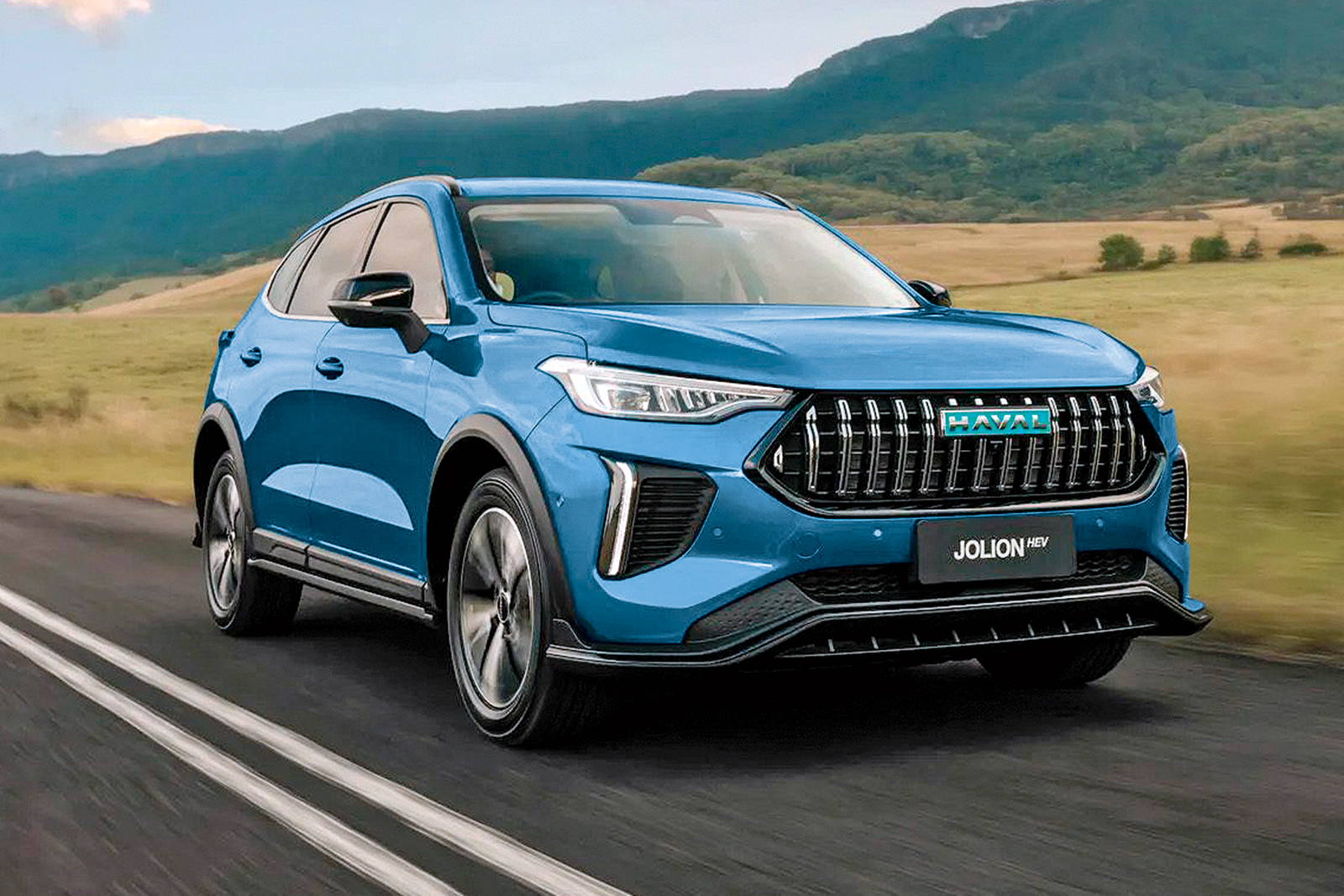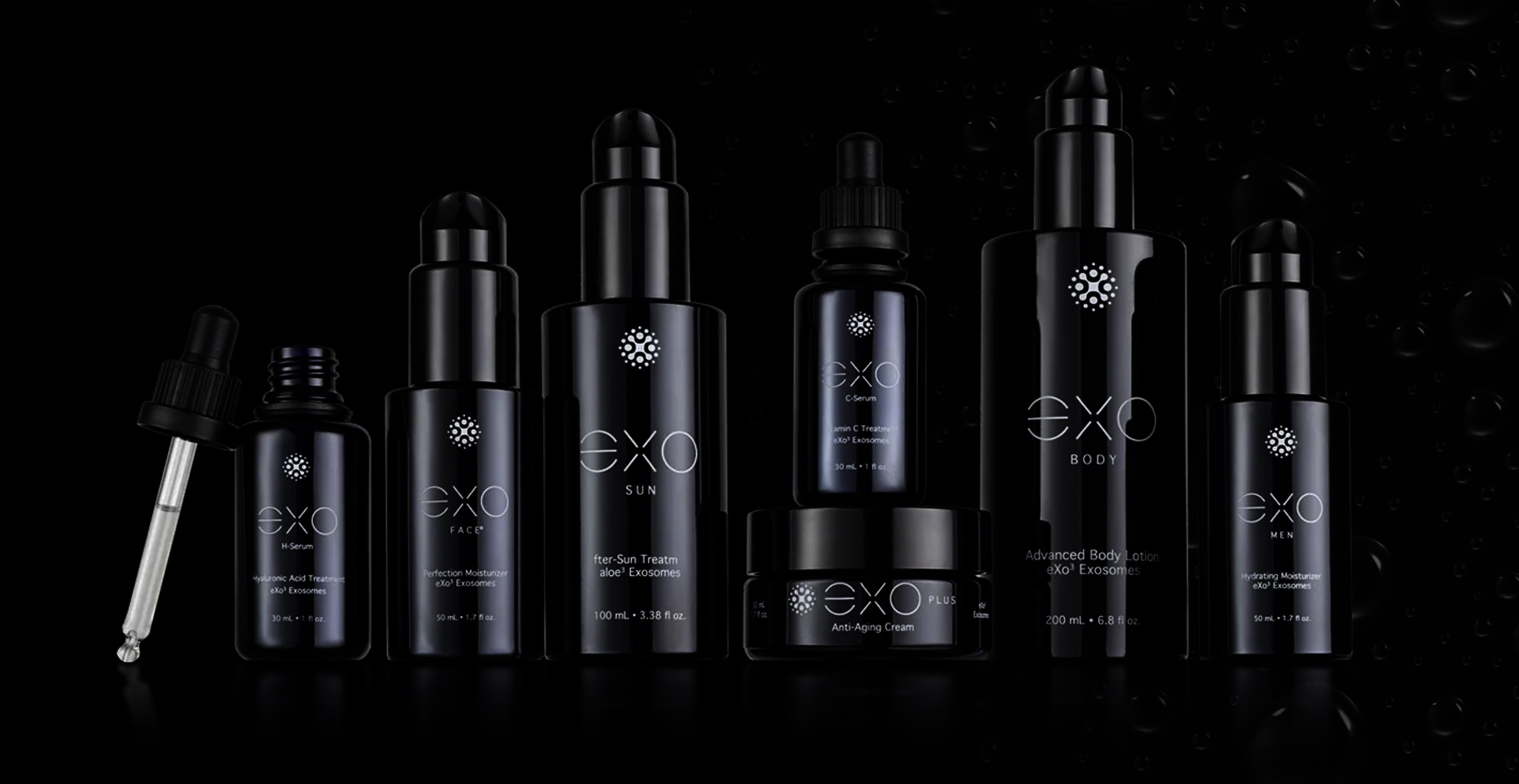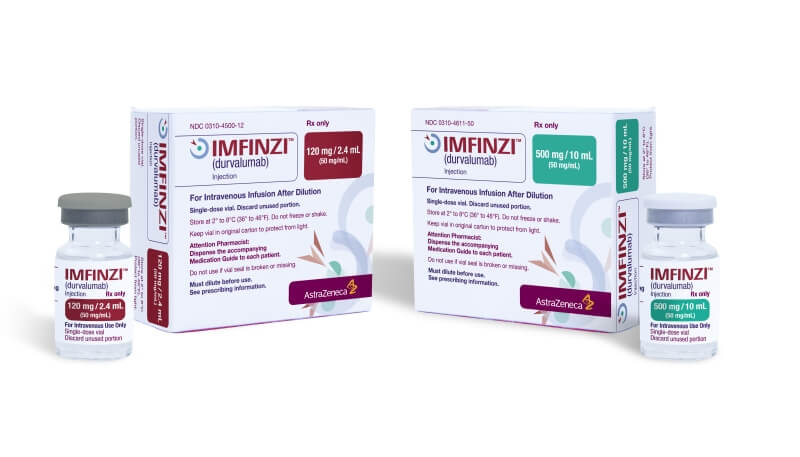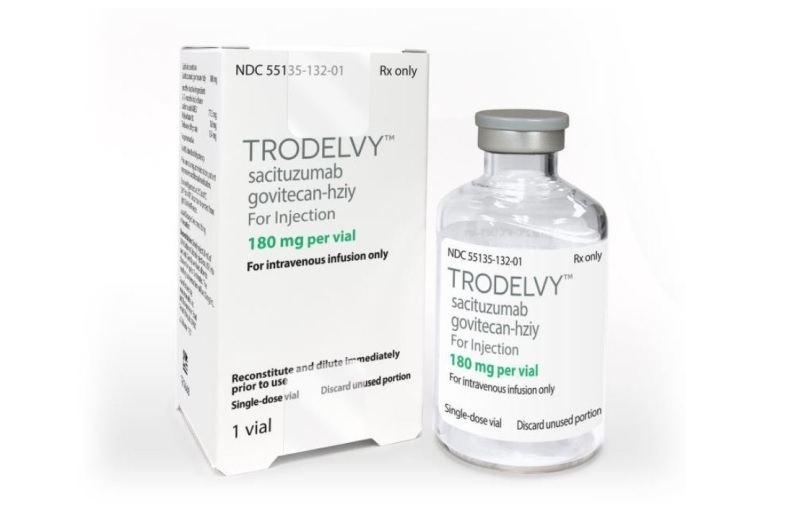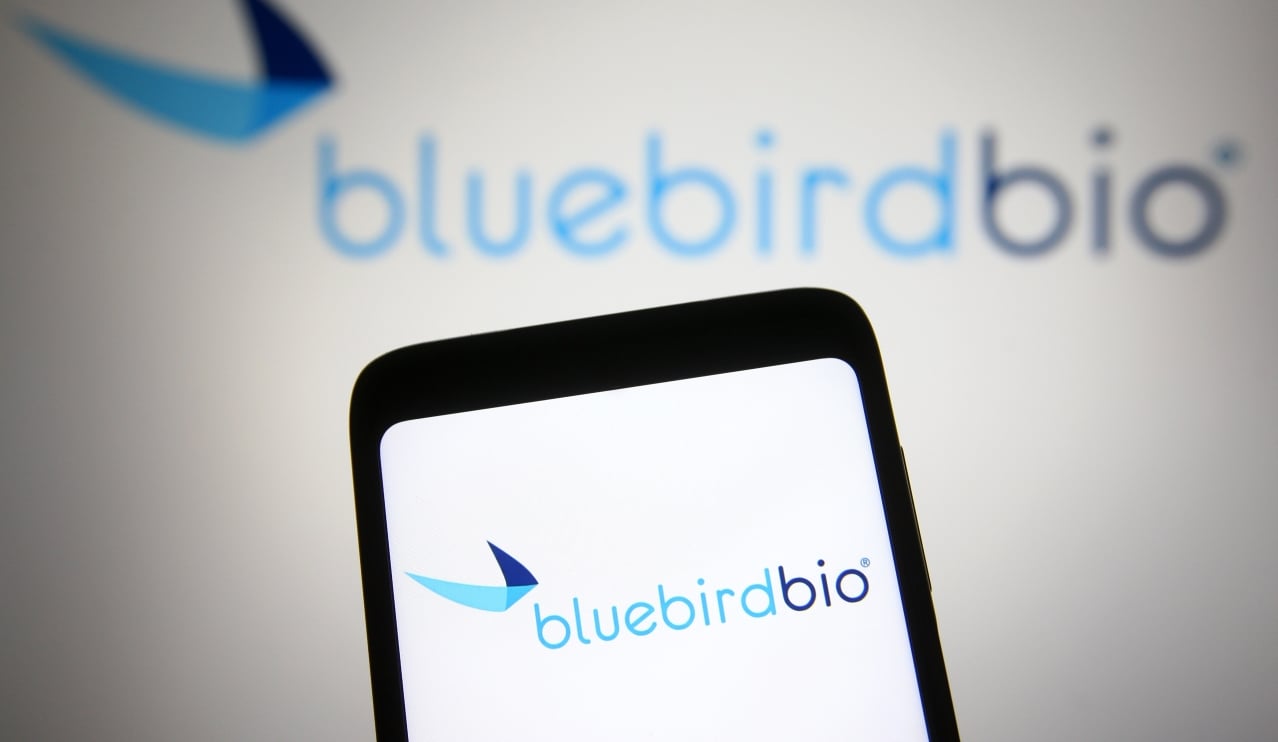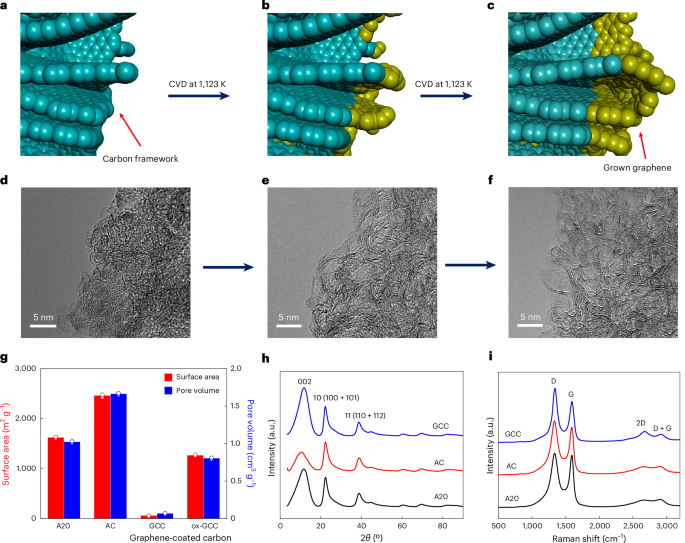Del Taco Launches a Brand Refresh & New Offerings as It Braces for Potential Jack in the Box Sell-Off
Del Taco has a new, exciting look.

Del Taco has launched a new, exciting brand refresh. The popular Mexican American taco chain has also debuted a few new items on its menu. However, are these refreshes merely a way to stave off a potential sell-off by Jack in the Box?
Inside the Bold New Look of Del Taco
QSR is reporting that the company is launching its El Big Boxes, which are meant to provide clients with value, along with a daring new brand campaign. The company’s new brand honors its California heritage.
“Our refreshed look and voice reflect who we are at our core — innovative, authentic and unapologetically different,” Sarah McAloon, SVP and chief administration officer of Del Taco, said in a statement. “This rebrand allows us to continue embracing the unique spirit that’s always made Del Taco stand out, while delivering unforgettable moments, fresh and delicious Ameri-Mex flavors and even more value to our guests.”
Del Taco has launched three new boxes, which include:
- $5 Clásico El Big Box: Del Combo Beef and Bean Burrito, Mini Quesadilla, Value Crinkle-Cut Fries and a 16-ounce drink.
- $7 Mex Faves El Big Box: Del Combo Beef and Bean Burrito, Grilled Chicken Taco, Soft Snack Taco, Mini Quesadilla and a 16-ounce drink.
- $9 Ameri-Mex El Big Box: Double Del Cheeseburger, Bean and Cheese Burrito (with choice of red or green sauce), Soft Snack Taco, Value Crinkle-Cut Fries and a 16-ounce drink.
A recent commercial series that revolves around a fictional rock group named the Del Yeah’s further accentuates the brand’s self-assured and enjoyable “Del Yeah!” attitude. By bringing humor, music, and the pleasant appeal of Del Taco’s true bold products to unexpected everyday events, this fun-loving ensemble will further reflect the brand’s “Del Yeah” vibe.
Would Selling the Brand Off Prove Profitable for Jack in the Box?
Despite this exciting development, Del Taco is still bracing for a potential sell-off by its parent company, Jack in the Box.
In 2022, Jack in the Box paid around $585 million to acquire Del Taco. In order to increase its market share and take advantage of operational efficiency, the fast-food giant presented the acquisition as a synergistic move. Post-acquisition performance, however, has continuously fallen short of projections.
According to Restaurant Business Magazine, the most recent quarter saw a 3.6% fall in same-store sales at Del Taco and a 4.4% decline at Jack in the Box outlets. The underperformance indicates a failure to achieve scale efficiencies, brand differentiation, or market penetration advantages that would have justified the acquisition price rather than just a reflection of macroeconomic forces.
Jack in the Box has implicitly acknowledged that the merger thesis has failed by considering “strategic alternatives” for Del Taco, such as a direct sale. Del Taco’s uncertain future is highlighted by the suspension of any financial guidance related to the brand.
Strategically speaking, the Mexican American-inspired chain is looking increasingly out of step with Jack in the Box. Del Taco is a more conventional quick-service Mexican brand that competes directly with Taco Bell and local fast-casual upstarts like Torchy’s Tacos, Chipotle, and Velvet Taco. In contrast, Jack in the Box has historically held a quirky, late-night burger-and-taco niche.
Under Jack in the Box’s management, Del Taco has not had breakthrough growth due to this brand misalignment and fierce competition.
The market is already showing signs of skepticism. Jack in the Box’s stock price has dropped by more than 50% over the last 12 months, according to InvestingPro data, which is indicative of concerns about management’s capacity to spur growth or generate returns on investment.
A temporary increase in liquidity from the sale of Del Taco might be utilized for debt repayment, stock buybacks, or reinvestment in the Jack in the Box company. But it also takes away a growth lever at a time when Jack in the Box’s core customer base is getting older and same-store sales are stagnating.








